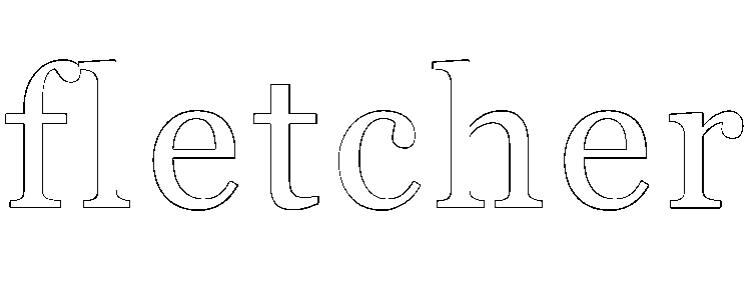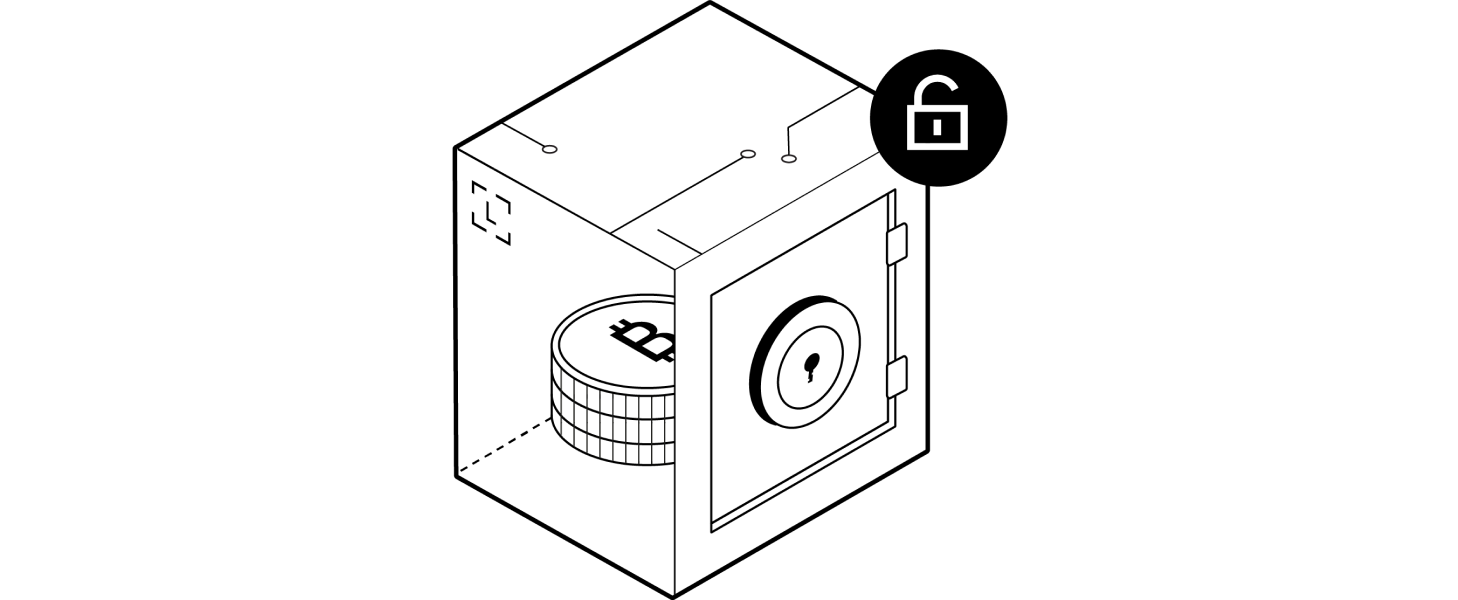When an entity possesses an asset of financial value, and cannot deliver that asset to its customer, that asset eventually becomes subject to unclaimed property laws which require it to be turned over to the state government to hold as a custodian until the owner can be reunited with the asset. This is a broad, general definition of unclaimed funds. And, as we have stated in the past, by our calculations the amount of value sitting unclaimed on the books of various governmental agencies as a result of the unclaimed property laws easily exceed one hundred billion dollars.
Government Unclaimed Property Acts claim to be “custodial” acts which deal with the right of states to take custody of abandoned property to hold indefinitely for the benefit of the owner. The official stance, as stated by the uniform law commission (ULC) responsible for drafting this legislation is, “… that these laws have substantial differences from the historic law of escheat, in which the state succeeds to legal ownership of the property with no obligation to return it to the previous owner or to anyone claiming to have derived title from or through the previous owner.”
And while technically this may be true, if unclaimed funds are being held for the benefit of the owner, one has to question the enactment of authority which allows for securities to be liquidated; interest rates to be capped, if paid at all; and outreach efforts far dwarfed by audit efforts designed to marshal increasingly more money for the state. And why are Uniform Gift to Minor (UGTM) accounts being seized at all when the minor has not reached the age of majority?
If we are being honest, there was a proper place for unclaimed property law in society. Private corporations have proven that they will abscond with their customers’ assets if given the opportunity. The examples are endless, but most recently notable are life insurance companies, who were recently caught red handed:
Life insurance companies have been caught and penalized for holding death benefits valued at billions of dollars that they knew were matured policy benefits. Metlife had $500 million alone:
https://www.latimes.com/business/la-fi-mo-metlife-20120423-story.html
Allowing the state to custody these unclaimed sums made sense in a democracy, where we have government for the people by the people; but at some point, the civil servants in charge of these programs, who are supposed to be working for the people, stopped considering the individual and their freedoms and property rights, which are being violated by these unclaimed property programs.
We strongly doubt, that Administrators are sincere when they say the principal focus of their office is to reconnect unclaimed property with owners. The data just does not back up this notion. More money is brought in than paid out every year. More money is spent bringing in money, than paying it out. The ULC has said as much, “In the current economic climate, some states are looking for more money, and some legislators and governors are squeezed between the demands of constituents for services and the resistance of voters to tax increases. For some states, unclaimed property has become money available to make up revenue shortfalls.”
The ULC states that Administrators of the unclaimed funds programs at the state level, “…recognize that they are under a duty to seek to locate owners and that unnecessary requirements that frustrate or delay the return of unclaimed property to owners has no place in the context of a custodial unclaimed property act.” But as we all know, actions speak louder than words, and once again the evidence just does not back up these claims. We increasingly see regulations being imposed that do nothing but frustrate the success of claimants and their professional representatives. The data continues to shows that half of all claimants fail to recover their funds.
We discuss all of this background to the unclaimed property landscape as a segue into our hypothesis that the adoption of self-custody of financial assets will end the existence of Unclaimed Property Administrations; and it will happen quicker than most folks realize. The rapid ascension will shock state governments with a loss of revenue, and they will do everything in their power to prevent this freeing technology from hampering what really amounts to a scheme to bring in more money than has to be paid out. And when the money coming in dries up, these programs will not have sufficient capital to pay the existing claims. The law will likely then change to permanent escheat, otherwise these states are going to have to find money to replace these absconded sums.
In its simplest form, self-custody technology allows the individual to control their personal property, or money, as a digital asset without an intermediary. We already have electronic money for the vast majority of our transactions, but with an intermediary such as a bank, a brokerage firm, an insurance company, or a federal wire service. With self-custody, there is no need for these intermediaries. All monetary transactions can occur virtually, person to person, for extremely low costs. The front end will look just like a mobile app; but the back end will have military grade encrypted technology; and the result will be more freedom and lower expenses for individuals around the world.
There are estimates that as many as 22% of US households are either underbanked, or completely unbanked. This technology will provide the ability for all of these folks to control their own financial power. No more expensive check cashing, payday loans, or international payment transfers; as these services will all be virtually free. And it is many of these folks who currently are being negatively affected by the unclaimed property laws.
And because the individual is the custodian, these structural powers that control finance will be disintermediated. One result is that money is never unclaimed, nor can it ever be seized by a company, or a government. Hence, the end of the majority of the utility of Unclaimed Funds Administrators around the globe.
Self-custody is the future of finance. You will no longer need to keep your assets with a bank. This means you have total control of your assets. Of course, letting go of the habit of keeping your money with bank is daunting and adoption will start slowly and then suddenly be the norm; adoption of this new technology will follow traditional technology adoption curves; think cell phones, digital music; streaming video, etc. These services won because they reduced costs for the individual, and made transactions faster and better; and this is will happen with money too.
So, what happens if the individual is locked out of their self-custody wallet (the future equivalent of unclaimed funds); maybe due to death, illness, or some other unknown future cause of loss. Well, the first order effect is that the value of their holdings is now bequeathed to the entire community by default. This is because a truly decentralized monetary network does not allow for the creation of additional monetary units, without the permission of the users of that network according to a predefined, immutable set of laws, and so any lost assets create more value through the increased scarcity of all of the remaining available assets. It will automatically, and at no cost, achieve one of the primary defenses of the benefit Unclaimed Property Administrators.
The technology also allows for programmable assets to exist. So, when an individual sets up a self-custody wallet, they can make provisions for their asset’s eventuality, such as nominated beneficiaries or any desirable path for their monetary energy. No longer will the individual have to worry about a long-term investment they made be liquidated without permission. There are also solutions being developed to allow multi-signature access to self-custody wallets, which would allow for borrowing and lending.
Corporations burdened by the time and expense of compliance with these unclaimed property statutes will learn to utilize this technology too. Reporting requirements will vanish, as no individual will ever have lost or abandoned funds.
This new technology offers perfect money for so many additional reasons, in this instance, it is because, only truly unclaimed assets go back to benefit of the community, and with no administrative costs.
In fact, if we are correct, the adoption of this technology will end this company’s service offering forever.

